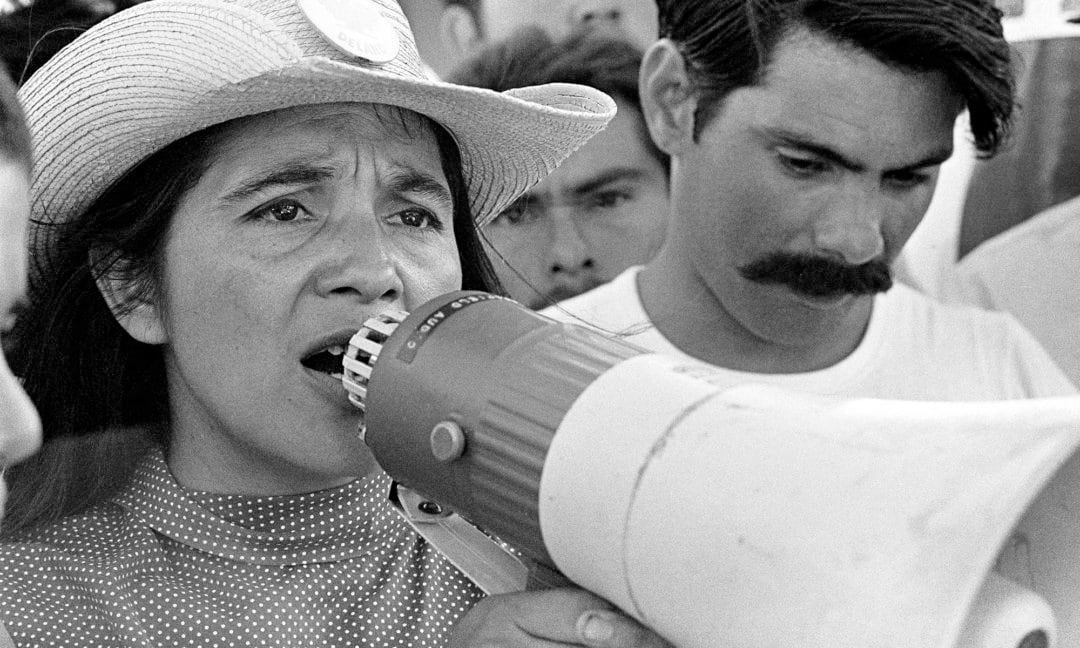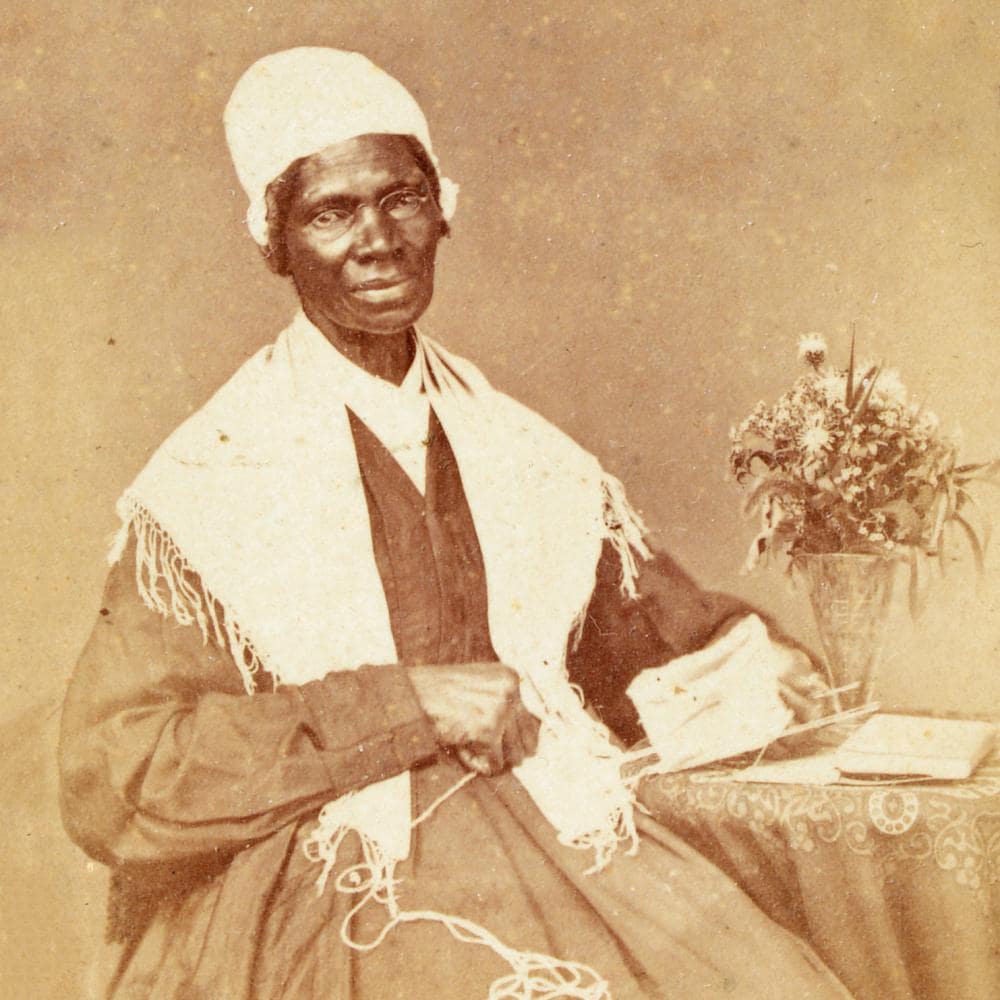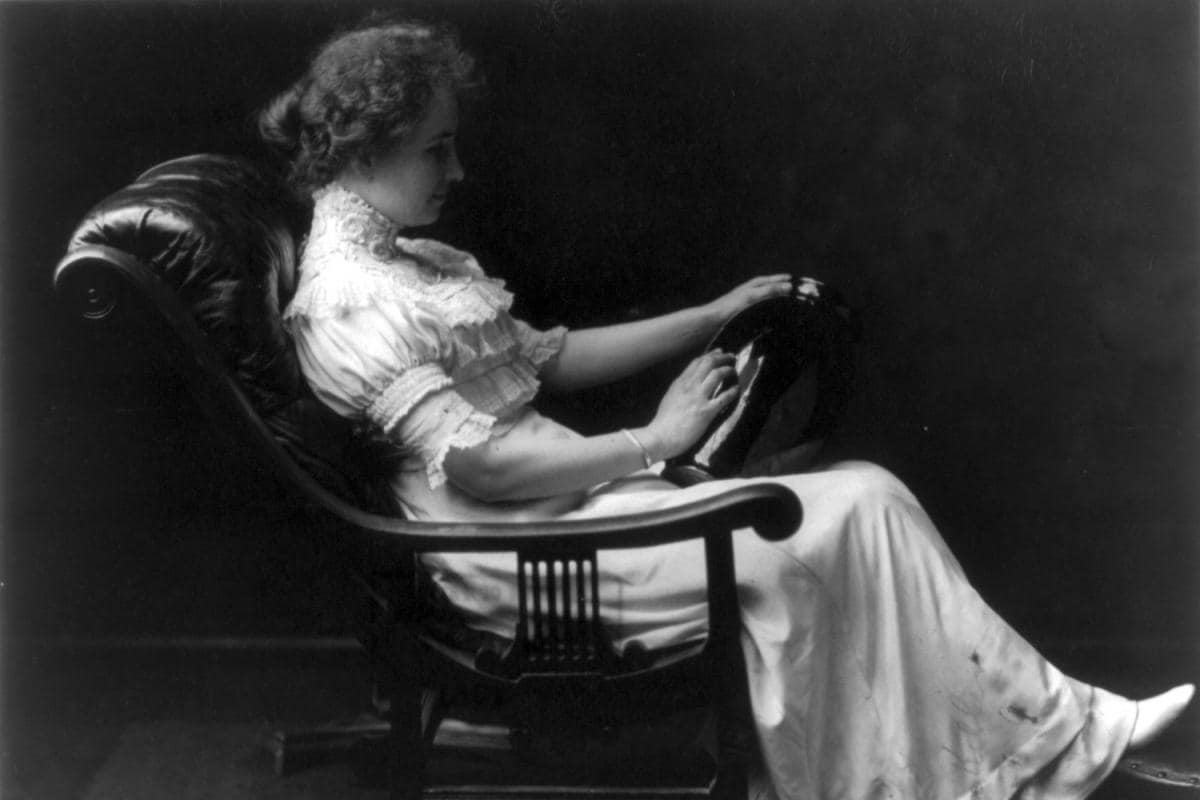Celebrating Women’s History Month: Spotlight on Activists

This Women’s History Month, in honor of the 2022 International Women’s Day theme of “Break the Bias,” we’re celebrating three incredible women activists who have shaped and transformed our world for the better. Check out the amazing lives and feats of these women who, against all odds, broke biases while uplifting their community and humanity as a whole.
Dolores Huerta (1930-present)

Dolores Huerta is an American labor leader, civil rights activist and co-founder of the National Farmworkers Association – now the United Farm Workers (UFW). Born in 1930 in a small mining town in New Mexico, Dolores was inspired by her father who was a farm worker and miner as well as a union activist who ran for political office and won a seat in the New Mexico legislature in 1938.
Dolores was also inspired by her mother, who was an active participant in community affairs, involved in numerous civic organizations and the church. Her mother encouraged celebration of cultural diversity in the agricultural community where they lived, made up of Mexican, Filipino, African-American, Japanese and Chinese working families.
After graduating from the University of Pacific’s Delta College, Dolores became a teacher and was upset by how many students would come to school hungry and sometimes even with bare feet. This inspired Dolores to begin her lifelong journey of working to correct economic injustice. She joined the Stockton Community Service Organization (CSO) and helped to found the Agricultural Workers Association, setting up voter registration drives and pressing local governments for barrio improvements.
In 1955, the CSO founder introduced Dolores to their Executive Director, César E. Chávez. The two shared a common vision of organizing farm workers and decided to launch the National Farm Workers Association in the spring of 1962. With excellent organizing, lobbying and negotiating skills, Dolores was able to successfully secure Aid For Dependent Families (AFDC) and disability insurance for farm workers in the State of California. She was also instrumental in pushing for the enactment of the Agricultural Labor Relations Act of 1975, the first law in the United States granting farm workers the right to collectively organize and bargain for better wages and working conditions.
While the farm workers lacked financial capitol, they were able to wield significant economic power through hugely successful boycotts at the ballot box with grassroots campaigning. In 1965, Dolores helped organize the Delano grape strike in California along with Cesar Chavez. Dolores also served as the lead negotiator in the workers' contract that was created after the strike. And as a principal legislative advocate, Dolores became one of the UFW’s most visible spokespersons.
Dolores has gained many awards and honors throughout her life, including The Eleanor Roosevelt Humans Rights Award in l998, Ms. Magazine’s One of the Three Most Important Women of l997, The Kern County Woman of The Year Award from the California State Legislature, The Ohtli Award from the Mexican Government and The Smithsonian Institution – James Smithson Award.
Sojourner Truth (1797-1883)

Sojourner Truth was an American abolitionist and women's rights activist born into slavery in Swartekill, New York. In 1799, New York began to legislate for the abolition of slavery, with emancipation finalized on July 4, 1827. Although Sojourner’s slaveholder had promised to grant her freedom, he changed his mind once emancipation was occurred. In addition, a New York emancipation order did not permit their freedom until they had served as bound servants into their twenties.
Sojourner understood the injustice of her situation and decided to escape slavery with her infant daughter, Sophia, leaving behind her other children in hopes that she’d be able to rescue them upon finding security. She proclaimed, "I did not run off, for I thought that wicked, but I walked off, believing that to be alright." Sojourner was taken in by Isaac and Maria Van Wagener, who settled her remaining one-year service account with her slaveholder for $20.00. A year later, New York law emancipated all slaves, but her slaveholder had already sold Sojourner’s five-year-old child into slavery in Alabama. The Van Wageners helped Sojourner to sue to recover her son. After going to court in 1828, she became the first black woman to win such a case against a white man.
Inspired by the events and experiencing a spiritual calling to work for justice, Sojourner went on to become an abolitionist and activist across the country. Her best-known speech, delivered in 1851 at the Ohio Women's Rights Convention, became widely known during the Civil War by the title "Ain't I a Woman?" During the Civil War, Sojourner helped recruit black troops for the Union Army. She also tried to secure land grants from the federal government for formerly enslaved people (summarized as the promise of "forty acres and a mule") after the war. Although the effort was unsuccessful, she continued to fight on behalf of women and African Americans until her death.
A memorial bust of Truth was unveiled in 2009 in Emancipation Hall in the U.S. Capitol Visitor's Center. She is the first African American woman to have a statue in the Capitol building. In 2014, Truth was also included in Smithsonian magazine's list of the "100 Most Significant Americans of All Time.
Hellen Keller (1880-1968)

Hellen Keller was an American author, disability rights advocate, political activist and lecturer born in Alabama. At just 019 months old, Hellen lost her sight and hearing after a bout of illness. She learned to communicate primarily using home signs. Then, at the age of seven, she met her teacher and companion Anne Sullivan.
Anne used unorthodox techniques to teach Hellen reading and writing, like spelling words on her hand to learn the names of objects around her. She also used the Tadoma or tactile lipreading method, in which a deafblind person places their little finger on the speaker's lips and their fingers along the jawline, picking up the vibrations of the speaker's throat, to understand communication.
Hellen’s unusual training and passion for education gained her acceptance into Harvard University, where she became the first deafblind person to earn a Bachelor of Arts degree. She went on to work for the American Foundation for the Blind (AFB) from 1924 until her passing. Hellen spent much of her time touring the United States and abroad, advocating for those with vision loss and other disabilities. Hellen also wrote 14 books and hundreds of essays on topics ranging from animals to leaders like Mahatma Gandhi.
In addition to campaigning for those with disabilities, Hellen also advocated for women's suffrage, labor rights, and world peace. She supported the NAACP and was an original member of the American Civil Liberties Union. In 1933, one of her books was targeted and burned by Nazi youth. Hellen wrote an open letter to the Student Body of Germany condemning censorship and prejudice.
In 1971, Hellen was inducted into the Alabama Women's Hall of Fame and was one of twelve inaugural inductees to the Alabama Writers Hall of Fame on June 8, 2015.
At Pearson Accelerated Pathways, we host Women’s History Month activities, educational programming, virtual networking opportunities and more. We value the aspirations of those who work every day to break biases and create a world where difference is valued and celebrated. Interested in joining our diverse and welcoming community of educators and learners? Find out more about our college program!
